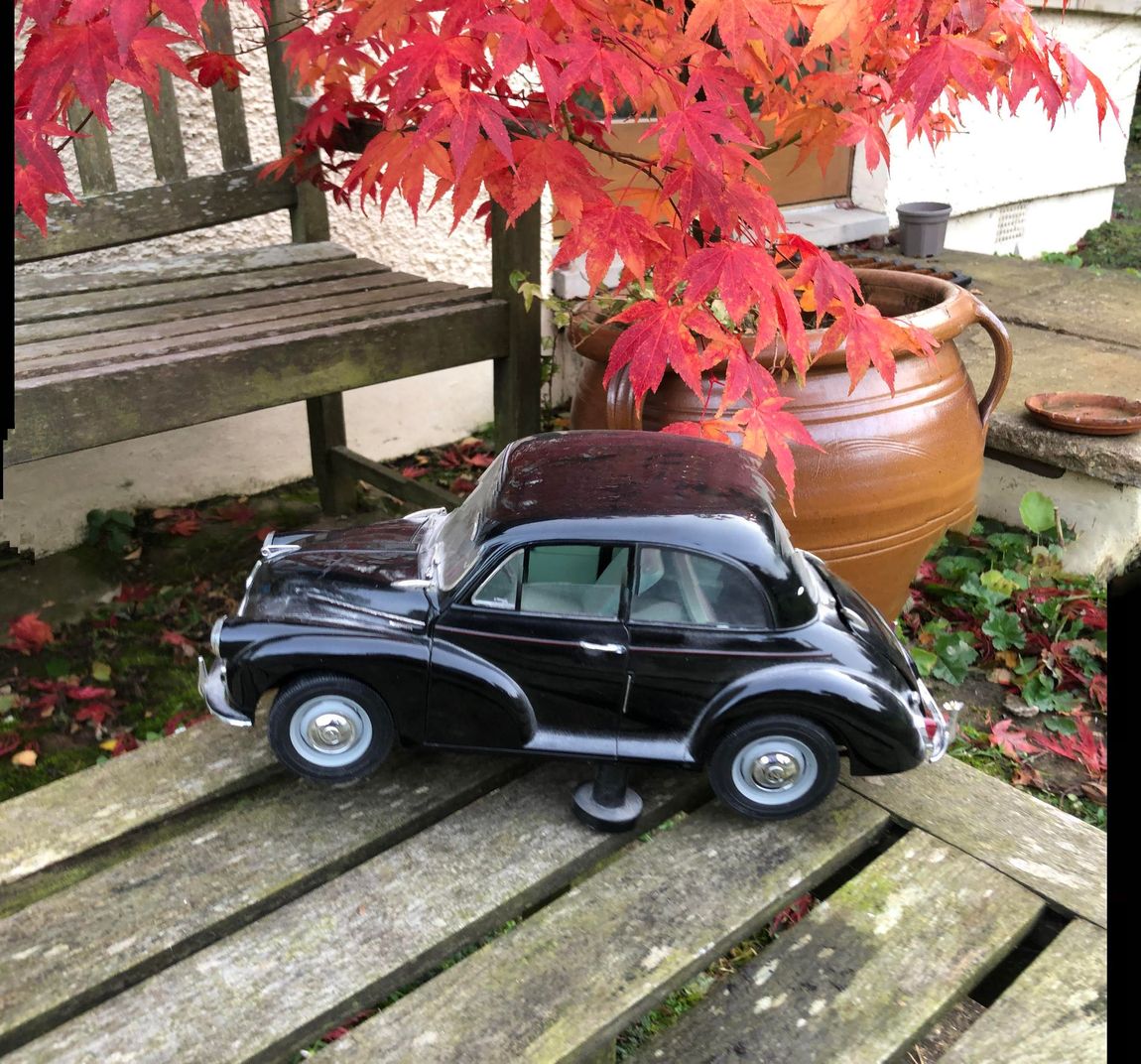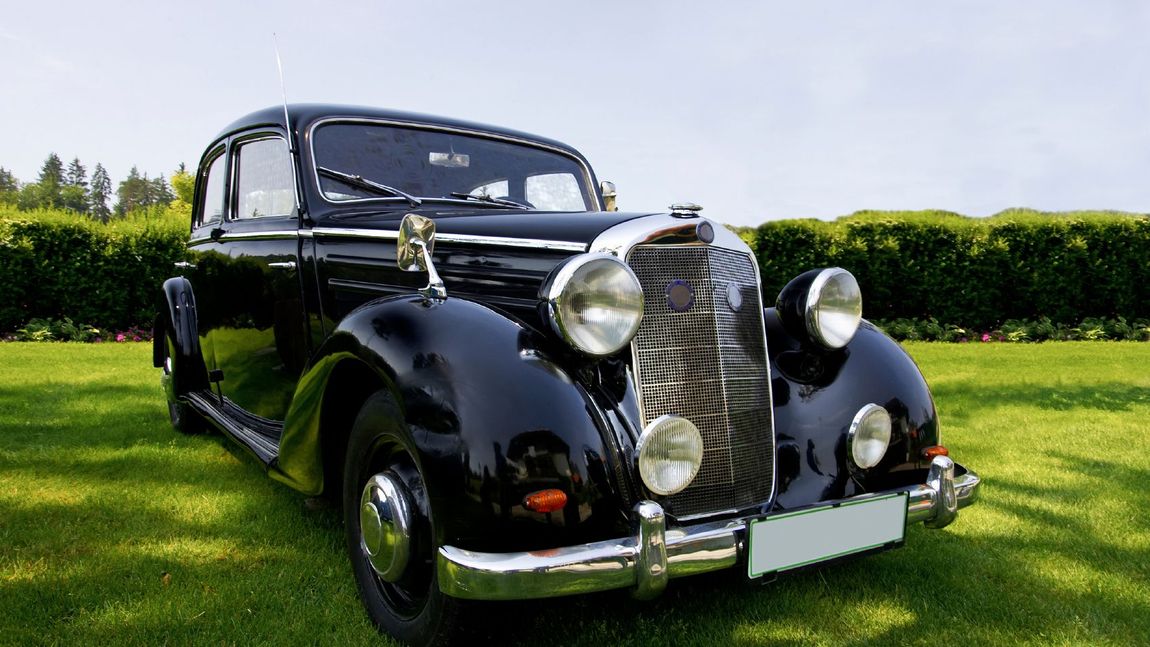
The New Levellers' Proposal for a replacement British Constitution

Just like the old faithful Morris Minor the British Constitution is no longer fit for modern purposes and conditions. It's time for the latter anyway to be scrapped in favour of a formulae designed for the future of Great Britain.